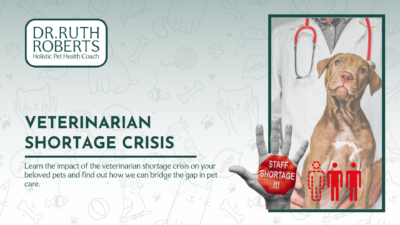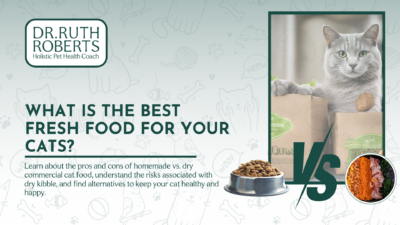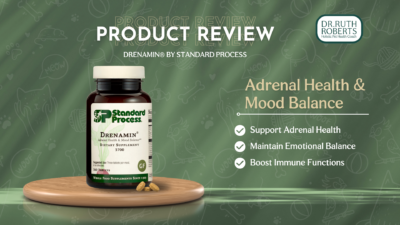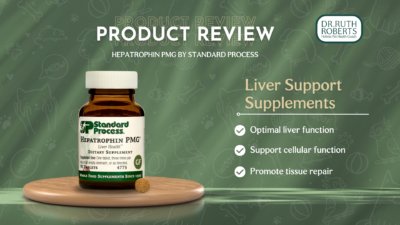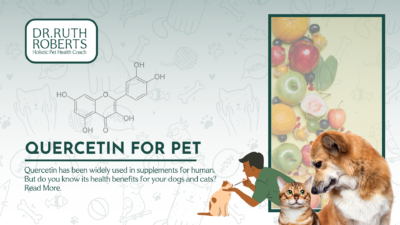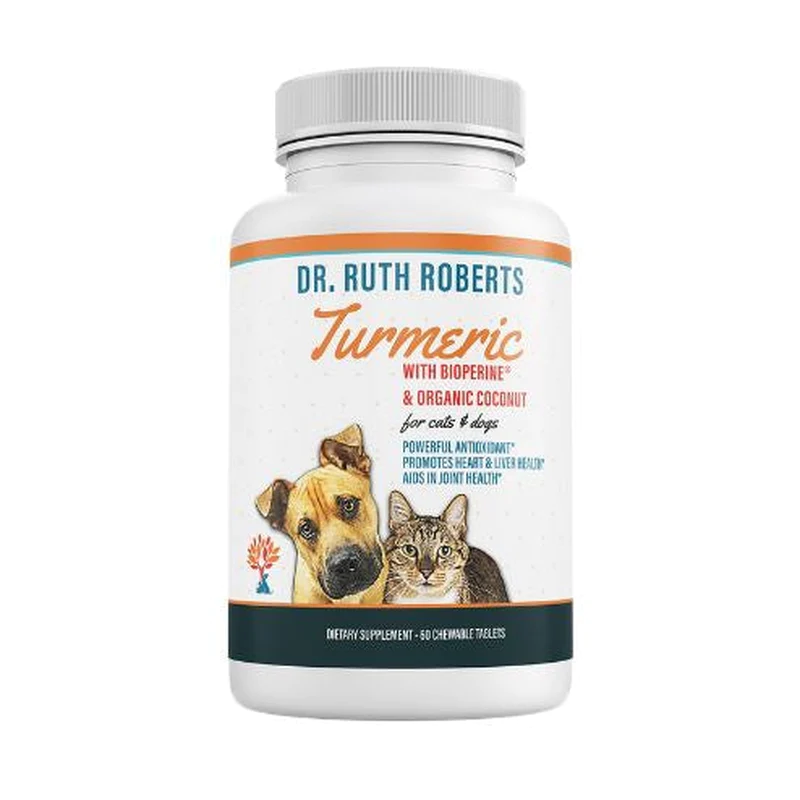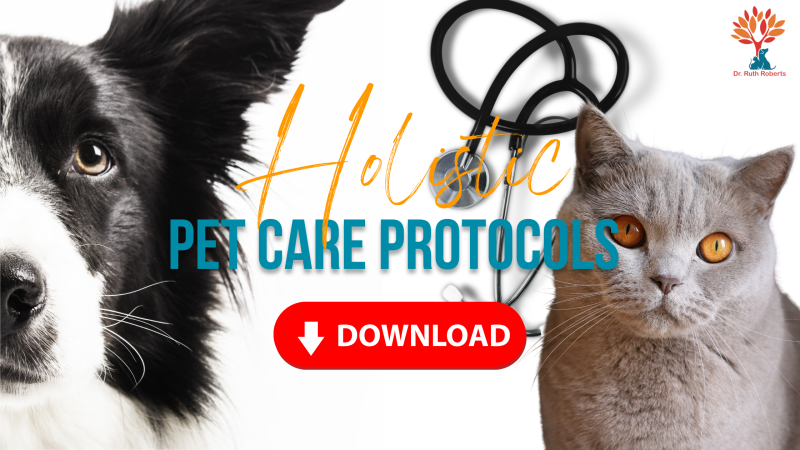Is coconut oil bad for dogs? That is a big question.
There are a couple of things that happened last year that made people start to wonder. And first of all, there was this report by the Mayo clinic saying that coconut oil is not a healthy cooking alternative. And the reason is that it is extremely high in saturated fat. So, if you have a high risk for coronary artery disease and high cholesterol, there’s a debate about this too, believe me. Then, you probably shouldn’t eat a ton of it.
But, does that apply to dogs? Let’s figure out the relationship of coconut oil and dogs.
Coconut oil has been and always will be a subject of debate for dog owners. While some swear by the benefits of this ingredient, others share their stories about how coconut oil negatively affected their dog’s health and well-being. And so, the answer is not really. Because they don’t get heart attacks due to athlete or sclerosis kind of plugging off their little coronary arteries.
Unfortunately, a lot of dog owners do not know the negative effects of coconut oil for dogs. Dogs can consume coconut oil without any significant harm to their health. However, there are some side effects, particularly in large doses or when the dog is suffering from additional issues.
How does coconut oil affect pets? Is it safe to put coconut oil on your dog?
Initially, we found a lot of information regarding the benefits of coconut oil for dogs. Because there is evidence that it can help to kill some of the harmful bacteria. And make it possible for the good bacteria to thrive. But looking at studies like this, they found that it had no inactivation of the common good guys. The commensal organisms, like e-coli without enterotoxins lactobacillus, bifidobacteria, etc.
Against these bad guys, they were pretty profound, sort of anti-microbial effect and the other thing is that for dogs with severe digestive issues like lymphatic Ataxia. Things of that nature, coconut oil in the form of MCTs or Medium Chain Triglycerides have been used for a long time.
In fact, I recall writing a paper about utilizing MCT for a dog with severe inflammatory bowel disease before I graduated from veterinary school. And the reason for this is that MCTs are absorbed directly from the GI tract, bypassing the suggestive process. As a result, they have the potential to be great in that regard. This refined coconut oil is an excellent supplement for pets who have trouble absorbing fats.
Although coconut oil is sometimes used as a natural and safe method of treating several health conditions, it can also cause harm to your pet. Coconut oil may lead to diarrhea in dogs. The most likely culprit is that the oil has not been processed properly before being sold for human consumption; it still contains protein and fiber from the coconut flesh – both of which dogs aren’t naturally equipped to digest.
Consuming too much coconut oil, especially if it is not pure, can cause liver and pancreatitis, weight gain, and high cholesterol levels. It can also lead to diarrhea and vomiting. The use of coconut oil in pets has not been tested or studied enough, despite many claims telling pet owners they should add it to their dog’s food.
Although coconut oil may be a delicious treat for humans, the same cannot be said for dogs. Coconut oil can lead to a number of health issues for your pet. It’s best to avoid feeding your pup foods that contain this ingredient, as it can cause aspiration pneumonia or liver failure when consumed in large amounts!
The other question I keep getting is, is it safe to put coconut oil directly on your pet?
Because it has anti-microbial activity, a lot of people are using that on their pets like skin wounds and things of that nature. And it probably is a good thing. It does help to kill off some of the bugs. The other thing too is that it will coat the skin and kind of calm the irritation.
Now the trick is to not let your pet just immediately lick it off because that’ll do two things. One is obviously removing the coconut oil and preventing it from doing anything good. The second is by ingesting that oil that may create too much oil in your pet system. And that’s part of what can create some of the possible side effects.

Can dogs be allergic to coconut oil?
Allergic is probably not the right word, but sensitive. And what that means is that if we eat something day in and day out and tons of it. We can develop food sensitivities to what we are eating frequently. Especially if we already have leaky gut or intestinal permeability.
At the end of the day, is coconut oil safe for dogs?
Coconut oil is highly beneficial for dogs, it is rich in nutrients and considered by many pet owners to be the perfect complement to a healthy dog diet, but only if used in moderation. While it has a number of benefits that can help your dog maintain its coat and skin, improve its cardiovascular health and boost energy levels, extra caution should be taken regarding its consumption in large quantities due to its high-calorie content. Giving coconut oil to a dog may also induce side effects such as diarrhea. Coconut oil is very healthy food for humans, but can it be safe to use on your pet? The short answer to that question is yes.
Pet Parents are Concern: What are the risk of using coconut oil on dogs
And here’s what I can tell you. The main concern of a regular veterinary nutritionist is that it is a very dense source of calories. And the majority of pet owners let their pets get way, way too heavy. And so, if you add in tons of coconut oil, because you’re treating the skin, you’re treating the gut, you’re treating this, you’re treating that and the dog is ingesting a ton of it, it can become obese.
Now is coconut oil bad for dogs? No, I don’t think that. With the exception of pets that are prone to pancreatitis. And here’s what I’ve seen over the years for breeds that have issues with pancreatitis. Typically, they also have issues with fats in general. So, think Schnauzers that tend to have hyperlipidemia. If you’re adding saturated fat into their diet, one that is more difficult to break down, that’s going to stick around longer.
What we found is that in that case, yes, it can produce worse hyperlipidemia for those breeds. Another situation may be dogs that have hypo-thyroid that are just not handling fats very well. The other thing that’s really fascinating and I have no way to explain it, and I’ve never found it in the literature.
So, coconut oil in dog foods? It’s a great cooking ingredient and it’s also beneficial for our pets, right? After all, we can’t be the only ones who have heard that it can help with skin problems like dryness, flakiness, and itchiness, or how useful it can be to improve their digestion.
Coconut oil is a great source of fat and contains medium-chain fatty acids. These fats, when metabolized, produce energy much faster than other fats. This can’t be good for the dogs who may have issues such as obesity or weight gain, liver disease, pancreatitis or intestinal problems.
The Original Crockpet Diet contains a substantial amount of oil, because I think that dividing the macronutrients in thirds is the way to go. Now for dogs that have been eating coconut oil, as the only source of fat. We will see those dogs periodically developed pancreatitis. And not all of them by any stretch of the imagination. We’re talking about maybe two or 3% of them.
But what that led me to see is that this oil is not for dogs that are prone to pancreatitis. Or if they develop pancreatitis on coconut oil is just not a good choice. And what do you do? What I would do is just substitute in other oils. Things like avocado oil, grape seed oil, and Sunflower seed oil that’s properly processed. These are all easy alternatives.
Is coconut oil harmful to dogs? Coconut oil, like any other oil can be harmful if taken in large amounts. I think as long as you are being very cautious about observing your dog. Like, “oh, I noticed when he eats a lot of coconut oil, he’s got herbs and burps and things” or, “oh, I noticed that he absolutely has no problems”, even when he’s eating it. You know, by the spoonful, because it’s, he’s looking off of this, his skin.
By this, I think you have to be very mindful of what’s going inside his body too. How is your pet responding to it? That’s the most important thing and like everything else in life. Too much of a good thing is also a bad thing. So, if you really like home cooking for your dog, rotate through the usage of oils. Use other vegetable oils that are healthy, like the ones I mentioned earlier, avocado seed, grapeseed, etc., and be cautious.


